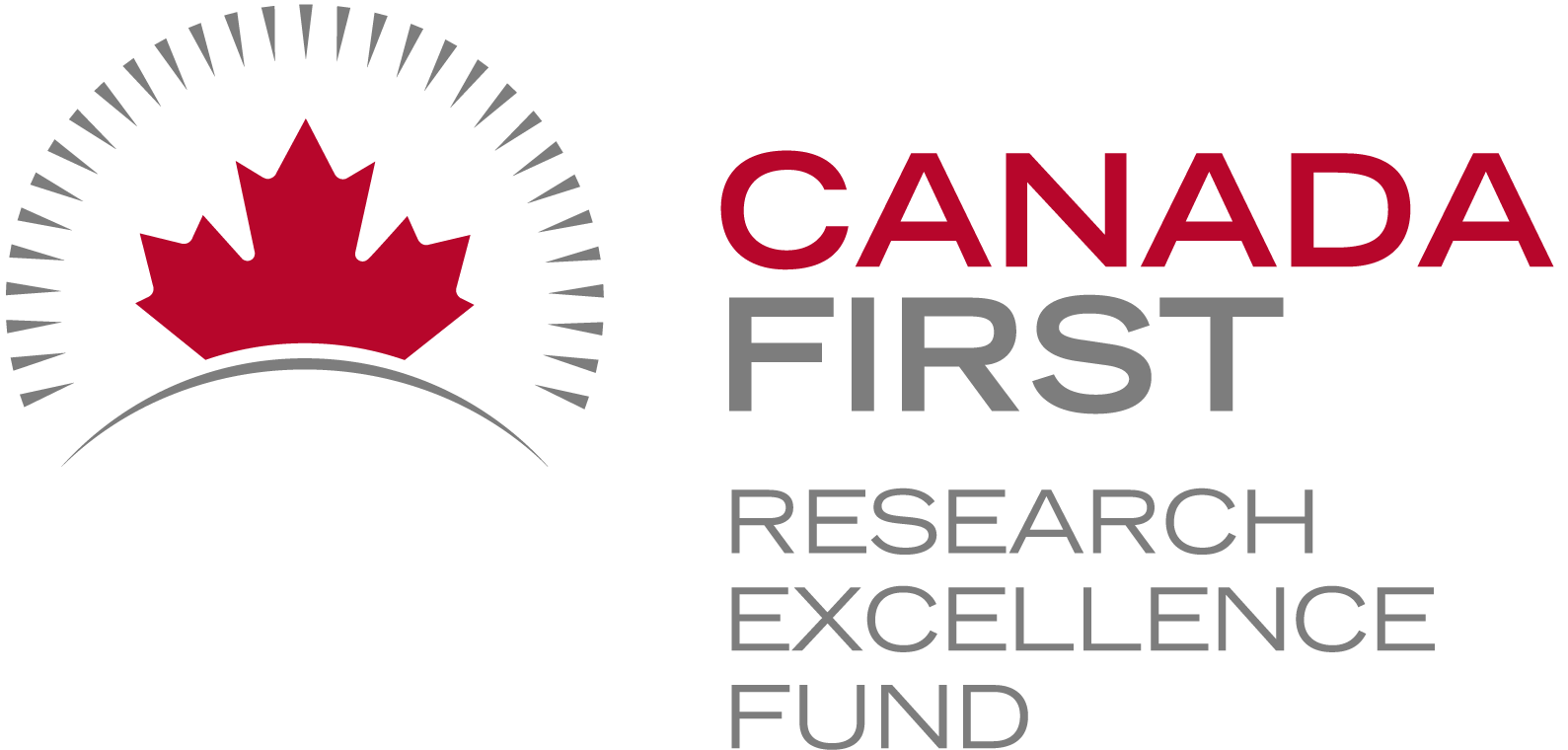Funding for Agri-food Data Canada is provided in part by the Canada First Research Excellence Fund
Projects
As ADC grows, we are developing and implementing data management solutions across various related projects. Below, you can find a quick synopsis of some of the projects we are currently supporting.
If you have any questions about these projects or if you’d like to collaborate with us on future initiatives, please contact us.
Climate-Smart Data Collaboration Centre (CS-DCC)
The CS-DCC is one of two hubs funded by Genome Canada as part of the Climate-Smart Agriculture and Food Systems Initiative. The CS-DCC will support research data sharing, management and governance across projects by creating a data ecosystem featuring common frameworks for data exchange and sharing, community-developed data standards, open-source and reusable data processing toolkits, consensus-driven data governance, and training to develop community data competency.
To view more information please visit https://climatesmartagrifood.ca/ or https://agrintelligenteclimat.ca/ for information in french. The ADC team is an active supporter through our Semantic Engine and involved in developing components of the CS-DCC.
Supporting the Canadian National Genetic Evaluation System for Sheep
Agri-Food Data Canada, in partnership with Centre d’expertise en production ovine du Québec (CEPOQ) and the Centre for Genetic Improvement of Livestock (CGIL), is contributing to the development of a modernized front end for GenOvis, the Canadian national genetic evaluation system for sheep. This web-based application facilitates the entry of phenotype data from sheep herds nationwide and generates reports for producers. Our efforts focus on enhancing the data verification process to ensure that only high-quality, reliable data feeds into the genetic evaluation system.
Powered by the Semantic Engine suite of tools, we are building advanced data schemas to automate data verification. These innovations aim to streamline user workflows while improving the accuracy and integrity of the data supporting genetic evaluations, ultimately benefiting sheep producers across Canada.
A Cyber Security Testing and Monitoring and Threat Hunting System for Protecting the ARIO Research Centres
This project aims to enhance the cybersecurity framework of ARIO Research Centres by conducting vulnerability assessments, penetration testing, and monitoring to identify potential threats and analyze the relevant cyberattack landscape. These measures are crucial for safeguarding critical research, maintaining data integrity and confidentiality, and ensuring operational continuity. The anticipated outcomes extend beyond ARIO Research Centres, providing valuable insights and practical tools to improve cybersecurity across similar research infrastructures globally.
Our team is heavily invested in cybersecurity as we develop data portals to access the data collected at the ARIO Research Centres. To review and listen to talks, presentations, and explore cybersecurity knowledge mobilization materials, please visit our Cybersecurity page.
The Global Nitrogen Innovation Center for Clean Energy and the Environment (NICCEE)
Agri-Food Data Canada, in partnership with The Global Nitrogen Innovation Center for Clean Energy and the Environment (NICCEE), is dedicated to sustainable nitrogen management and fostering both research and innovation. This project will support standardizing research data, as well as sharing, and managing projects through a modern data pipeline that will allow for expanding soil research projects in multiple sites, across various provinces. As well as making it easier to collaborate and share data. This data ecosystem would help promote FAIR data practices, as with all the project goals for both ADC, and NICCEE.
Leveraging on-the-go sensing for detailed field-scale soil mapping
The project aims to address fundamental challenges in understanding soil variability across large-scale agricultural operations using Elora Research Centre as a case study area. Traditional soil sampling methods are often time-consuming, labor-intensive, and insufficient for capturing spatial variability in extensive farming areas. This innovative research combines proximal soil sensing technologies (DUALEM and gamma-ray spectrometry) with strategic soil sampling and advanced spatial data analysis to overcome these limitations. By integrating multiple data sources, including satellite imagery, LiDAR, and RTK positioning systems, the project aims to develop comprehensive, high-resolution digital soil maps of Elora Research Centre. The resulting mapping framework will enhance agricultural productivity and sustainability through more precise, data-driven management practices and improved understanding of soil health dynamics, while the high resolution digital soil maps will enhance operation capabilities and management of Elora Research Centre.
Semantic Engine Development
Completed
Agri-food Data Canada (ADC) has partnered with the Swiss non-profit Human Colossus Foundation (HCF) to improve the contextual metadata for research data.
In September of 2022 ADC entered into an agreement with HCF to co-develop tools and training to help researchers better describe their datasets. Both ADC and HCF value a decentralized ecosystem model for data and are collaborating on open standards and tools that will be adopted by the semantic engine of ADC.
Agri-food Data Canada will adopt HCF’s data harmonization solution known as overlays capture architecture (OCA) as part of the ADC semantic engine. The semantic engine helps researchers and data scientists write better data schemas for sharing research. Standardized use of the semantic engine will make agri-food data more findable, accessible, interoperable and reusable (FAIR).
“The semantic engine will be a great tool for researchers starting a research project, allowing them to create a data schema and share it with researchers already collecting the same data in Canada. The semantic engine will enable these researchers to collaborate and write a data standard publicly, making it easier for others to search and find relevant data sets,” said Michelle Edwards, director, agri-food data strategy, at U of G.



